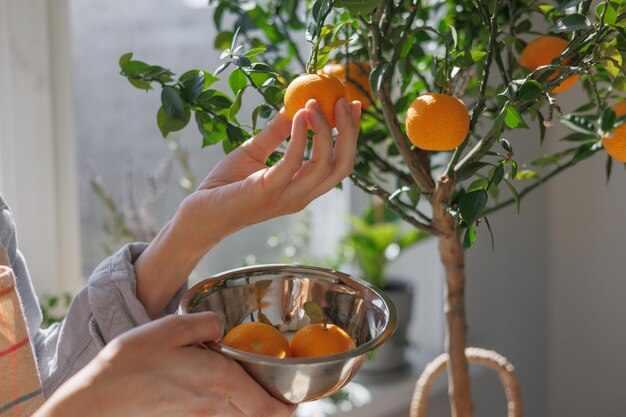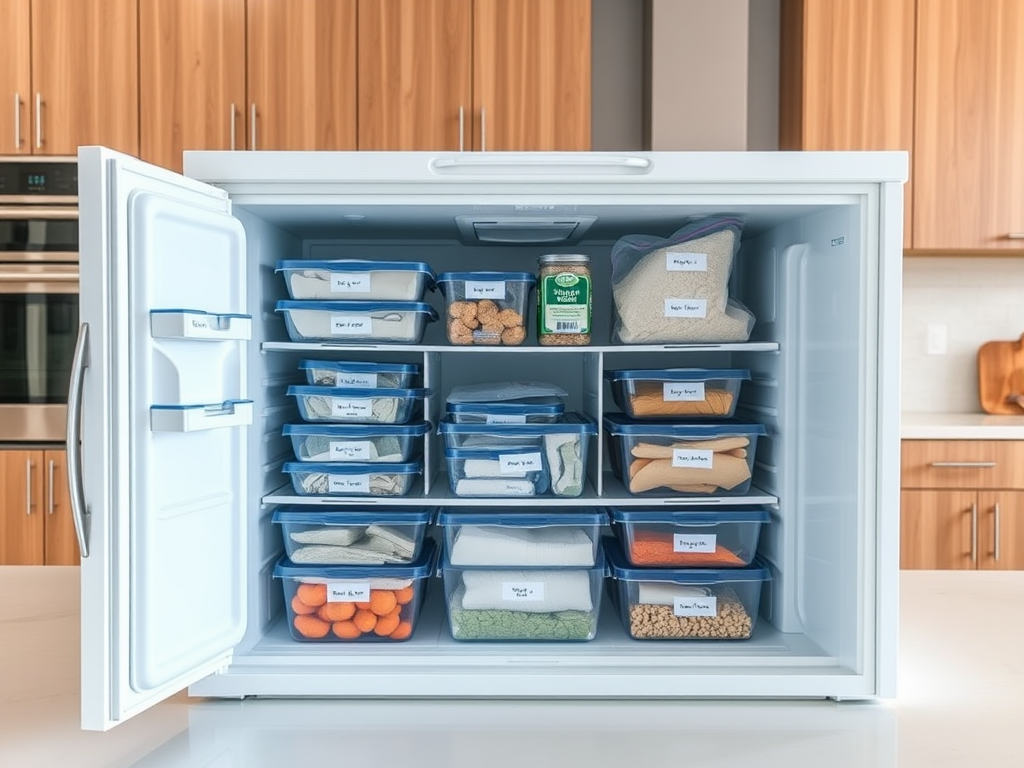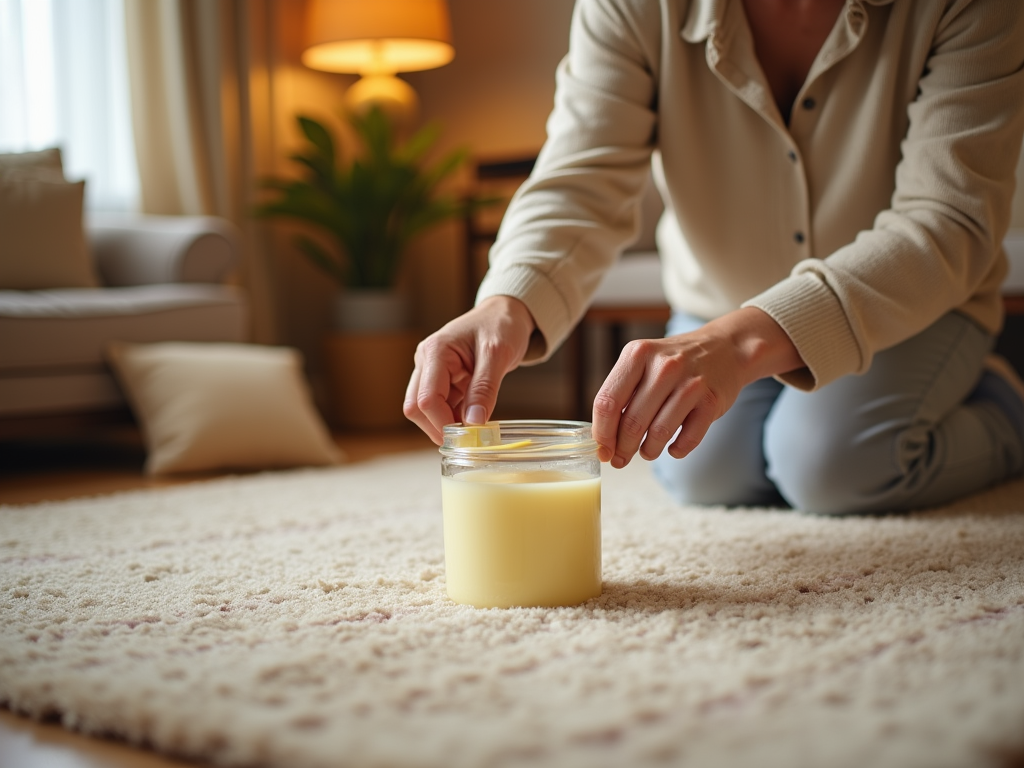Growing citrus trees in containers has become a popular practice, especially for those with limited garden space or unsuitable climates. These vibrant trees not only provide luscious fruit but also add a touch of the tropics to any patio or indoor setting. Selecting the best fertilizer is crucial for potted citrus trees, as they depend entirely on the care provided by the gardener for their nutrients. When considering what is the best fertilizer for lime trees or any citrus varieties, it should ideally be a slow-release or controlled-release formula with a balanced blend of essential nutrients that support both foliage and fruit development.
For those wondering how long does it take for a lemon tree to bear fruit, it generally takes about three to five years for a lemon tree to mature and start producing fruit, but with the right care and proper fertilization, you can ensure your tree is healthy and ready to bear as soon as it is mature. Potted citrus trees consume nutrients from the soil at a quicker pace than those planted in the ground, making it all the more important to provide them with a regular supply of the right fertilizer. The best fertilizers for citrus in pots include those that cater to the tree’s specific needs, such as a higher concentration of nitrogen in the early stages of growth for foliage development, and increased phosphorus and potassium as the tree matures and bears fruit. How many times a year do lemon trees produce fruit can vary, but typically, lemon trees can produce fruit two to three times a year with adequate nutrition and care.

Understanding Citrus Nutrition
Citrus trees have particular nutritional needs that must be met if they are to thrive and produce a bountiful yield. The three primary nutrients required are Nitrogen (N), Phosphorus (P), and Potassium (K), often referred to as N-P-K, which are typically listed in that order on fertilizer packaging. Nitrogen is paramount for foliage growth, phosphorus is essential for root development and flower formation, and potassium regulates physiological processes and helps in fruit quality. Beyond these, micronutrients such as magnesium, calcium, and iron play critical roles in the overall health and productivity of the citrus trees.
For those gardeners asking can you plant different citrus trees together, the answer is yes, you can grow different citrus types in close proximity or even in the same large container, provided they have similar needs and you are careful with fertilization, as different types might have slightly varying nutrient requirements.
- Nitrogen (N): This is the key player for leaf growth and greenery.
- Phosphorus (P): Vital for root development and helps in setting flowers and fruits.
- Potassium (K): Ensures the plant functions well, contributing to the fruit’s flavor and color.
Types of Fertilizers
When considering fertilizer options for citrus trees in pots, there are two main categories:
- Organic Fertilizers: These are derived from natural sources such as fish emulsion, composted manures, and bone meal. Aside from providing nutrients, they improve soil structure, increase water retention, and encourage beneficial microbial activity. However, nutrients from organic sources release slowly and are less concentrated than synthetic fertilizers.
- Synthetic Fertilizers: These are man-made and tend to provide nutrients in a more soluble form, which makes them readily available to the plants. They are typically more concentrated and can act quicker than organic options.
| Pros and Cons of Organic vs. Synthetic Fertilizers |
|---|
| Organic Fertilizers |
| + Improves overall soil health. |
| + Releases nutrients slowly, less risk of over-fertilizing. |
| + Environmentally friendly. |
| – Nutrients are less concentrated, may require more product. |
| – Slower initial results. |
| Synthetic Fertilizers |
| + Fast-acting and highly concentrated. |
| + Easy to control exact nutrient ratio. |
| – Can contribute to soil and water pollution if overused. |
| – May harm beneficial soil organisms if not used properly. |

Best Practices for Fertilizing Citrus Trees in Pots
When choosing and using fertilizers for citrus trees in containers, there are several factors to consider to guarantee optimal growth and fruit production:
- Assess Your Tree’s Needs: Young trees need different nutrients compared to mature fruit-bearing trees, so it’s important to match the fertilizer type and N-P-K ratio to the lifecycle stage of your citrus.
- Check Soil Quality Regularly: Testing your soil’s pH and nutrient levels can help you determine what your citrus trees lack and enable you to tailor your fertilization routine accordingly.
- Follow a Feeding Schedule: Consistency is key. Establish a regular feeding schedule, adjusting for the tree’s growing cycle and the seasons. The best time of day to water citrus trees is during the early morning hours, as this helps to ensure the moisture is available to the plant throughout the day and reduces the risk of fungal growth that can occur with evening watering.
- Avoid Over-Fertilizing: Be cautious to follow recommended amounts; more is not always better, as excess nutrients can harm your citrus trees. In line with this, understanding how to recognize the signs of over-fertilization and taking corrective action promptly is essential for the health of the trees.
Top Recommended Fertilizers for Citrus Trees in Pots
When searching for the best fertilizer for your potted citrus trees, consider products that are formulated specifically for citrus plants and can cater to their unique requirements. A balanced time-release fertilizer with an N-P-K ratio such as 5-2-6 or 8-8-8 is generally a good choice, as it provides a steady supply of nutrients over time, which is essential for the sustained growth of container-grown citrus trees.
Here are two top fertilizers that are highly recommended by gardeners and horticulturists alike:
- Citrus-Tone by Espoma: A popular organic option that is formulated specifically for citrus plants, providing a slow but steady release of nutrients which helps in avoiding shock to the trees’ roots.
- Osmocote Smart-Release Plant Food Citrus & Avocado: This is a controlled-release fertilizer with essential nutrients, perfect for those who want a no-fuss solution that feeds their citrus trees over several months.
When selecting a fertilizer, look for options that also contain micronutrients like zinc, manganese, and iron, which are often deficient in potting soils but are crucial for the trees’ immune systems. Additionally, opt for products that have a reputation for consistency and reliability, to ensure that your citrus trees receive the best possible care.
Common Issues and Solutions
Properly fertilizing your citrus tree is key, but it’s also important to monitor the plant’s health and to react to any signs of distress:
- Over-Fertilization: This can cause leaf burn or even more severe damage to the tree. If you suspect over-fertilization, reduce the amount of fertilizer and leach the soil with water to rinse out excess salts.
- Under-Fertilization: A lack of nutrients can lead to weak growth and poor fruiting. If you notice pale leaves, stunted growth, or a reduction in fruit size, your tree might be undernourished and would benefit from a more consistent feeding schedule.
Remember, the health of your citrus tree will be evident in the appearance of the leaves and fruit. Regularly inspect your trees for any signs that could indicate a nutrient imbalance and adjust your fertilization approach accordingly.

Conclusion
In conclusion, finding the best fertilizer for citrus trees in pots is critical for their health and fruit production. Whether you choose organic or synthetic options, the best approach is to provide a balanced nutrient profile tailored to the citrus tree’s growth stage. Pay close attention to your tree’s needs, provide it with consistent care, and be mindful of how you apply fertilizer to prevent potential issues.
By following these guidelines, you can enjoy the fruits of your labor – quite literally – with ripe, juicy citrus regardless of whether your trees are gracing your patio or brightening up your living room.
FAQs After the Conclusion
- Can I make my own citrus fertilizer?
Yes, you can create homemade citrus fertilizer by composting fruit peels and other organic materials, but it’s essential to understand the precise nutritional needs of your citrus trees. Using a balanced commercial citrus fertilizer might be more convenient and reliable. - How often should I fertilize my citrus tree in a pot?
Typically, fertilizing every two to three months during the growing season is recommended, but this can vary based on the specific product you are using. - What are the signs that my citrus tree is lacking nutrients?
Yellowing leaves, leaf drop, slow or stunted growth, and a lack of fruit are common signs that your citrus tree might be lacking essential nutrients. - Are coffee grounds good for citrus trees?
Coffee grounds can add organic matter to the soil, which may benefit soil health and microbe activity, but they should not be relied upon as the primary source of nutrients for your citrus trees. - When is the best time to start fertilizing a young citrus tree?
You should start fertilizing a young citrus tree once it’s established and has shown new growth, which typically takes a few weeks after planting. Be sure to use a fertilizer with an appropriate balance for young trees, which often means higher nitrogen content.



